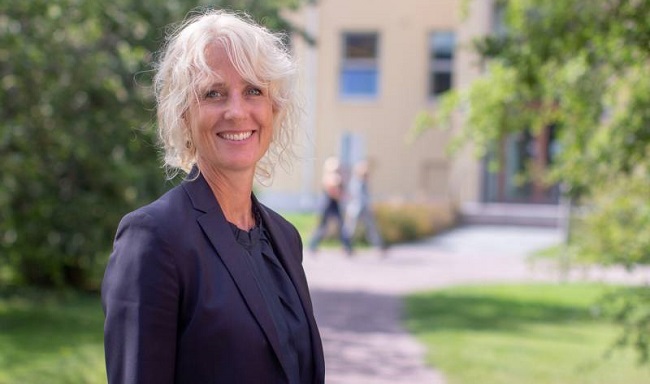
Therese Sjömander Magnusson will take office as director of Nordic Africa Institute next month
Photo: Mattias Sköld
“We aim to become even more visible in Sweden, on the African continent and in countries that finance the institute’s research,” says Therese Sjömander Magnusson, incoming director of the Nordic Africa Institute (NAI).
Sjömander Magnusson, who will take up her position on 1 October, comes from the Stockholm International Water Institute (SIWI), where she has been chief operating officer, in charge of day-to-day operations.
She is a doctor of geography, and has vast experience of water issues, mainly in Africa.
She has worked in both the academic world (as a lecturer at Stockholm University) and the civil service (as programme manager, policy advisor and deputy head of policy at the Swedish International Development Cooperation Agency, Sida).
“To be given the opportunity to work at the interface between research and policy relevance is incredibly inspiring and important,” notes Sjömander Magnusson.
Her doctoral thesis at Linköping University was devoted to water management, against the backdrop of water shortage and urbanisation in Windhoek, Namibia.
“It was fascinating, as Namibia was among the world leaders in terms of methods to make more effective use of scarce water resources.”

